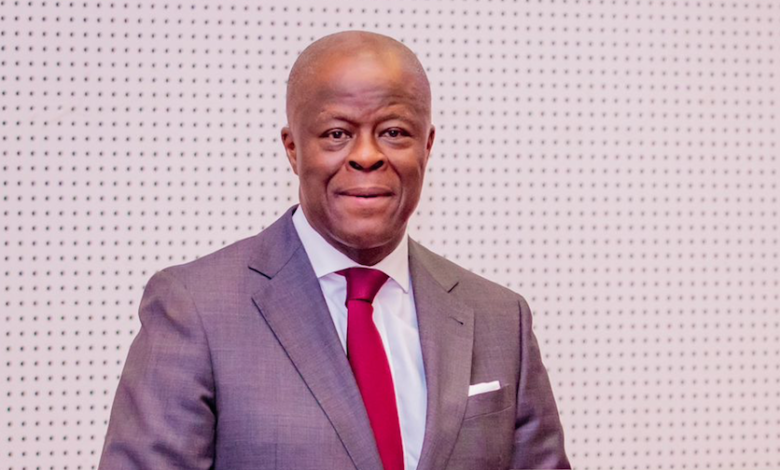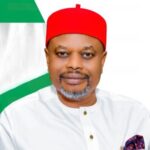The chairman of the Nigerian Economic Summit Group (NESG), Mr Niyi Yusuf, Sunday said for Nigeria to become a $1trillion economy in 2030, the country must drive foreign direct investments (FDI), tame inflation and tackle the foreign exchange volatility.
He said Nigeria had not received up to $1bn investment in the last six or seven years.
He spoke while delivering a pre-Ramadan lecture organised by the University of Lagos Muslim Alumni (UMA) with the theme, ‘Economic Reforms for Nigeria: Challenges and Prospects for the Future.’
He said the $ 1 trillion economy is achievable through three pathways which include export diversification and sophistication strategy; innovation and digital transformation strategy and sub-national integration strategy.
- War on Gaza: Israel kills Palestinians collecting aid
- Customs opens 90-day window for vehicle import duty regularisation
Yusuf who is the Managing Partner of Verraki Partners said the current headline inflation at 29.9 per cent and food inflation at over 35 per cent means the poor are getting poorer.
He said the government must improve the tax to Gross Domestic Product (GDP) from the present eight per cent which is the lowest in Africa to 15 per cent.
He said, “January 2017 was when we had a single digit inflation. We want businesses to thrive and investors to come and between Adamawa and Uyo, we have 154 checkpoints. From Agbara to Seme borders, we have 46 checkpoints.
“Nigeria is the only country with multiple checkpoints at our airports. Motorists pay 73 taxes to move goods from the North to South. Insecurity has chased our farmers away, flooding has affected our farmlands.”
Saying the present government met a bad structure in place, he noted that the removal of subsidy is a decision that should have been taken a decade ago.
Emphasising the pathways to a $1tr economy, Yusuf said, “We must first stabilise our economy, tame forex volatility and inflation rate. Government must block all fiscal leakages in the CBN, NNPC, FIRS and we must increase our tax to GDP ratio. Also, we must support local businesses and invest in digital infrastructure.
“How do we track progress? Our budget should be more on capital than recurrent. We are barely growing to meet the demands of our growing population. We must look at how the critical sectors are growing like agriculture, ICT, construction, among others because these are the sectors that support employment.
“We must track budget allocation. Our capital expenditure must be more than the recurrent and debt servicing otherwise we are not progressing. Again growth will not happen until we solve the electricity supply issue. Presently, only 46 per cent of the population has access to power. We can’t run on a generator economy.”

 Join Daily Trust WhatsApp Community For Quick Access To News and Happenings Around You.
Join Daily Trust WhatsApp Community For Quick Access To News and Happenings Around You.


